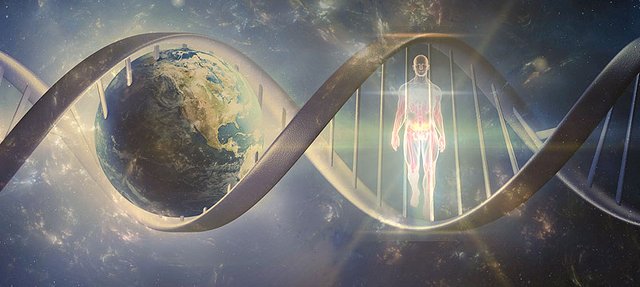"The First Human on Earth to Live to Be 1,000 Years Old is Alive Today"
From The Daily Galaxy via worldhealth.net and BBC News(edited by John Kim)
http://www.dailygalaxy.com/my_weblog/2016/08/the-first-human-on-earth-to-live-to-be-1000-years-old-is-alive-today-weekend-feature-1.html

“The first person to live to be 1,000 years old is certainly alive today …whether they realize it or not, barring accidents and suicide, most people now 40 years or younger can expect to live for centuries,” claims Cambridge University geneticist Aubrey de Grey. "The only difference between my work and the work of the whole medical profession," de Grey adds, "is that I think we're in striking distance of keeping people so healthy that at 90 they'll carry on waking up in the same physical state as they were at the age of 30, and their probability of not waking up one morning will be no higher than it was at the age of 30."
“I just don't think [immortality] is possible,” countered Sherwin Nuland, a former professor of surgery at the Yale School of Medicine. “Aubrey and the others who talk of greatly extending lifespan are oversimplifying the science and just don't understand the magnitude of the task. His plan will not succeed. Were it to do so, it would undermine what it means to be human.”
Perhaps de Gray is way too optimistic, but others have joined the search for a virtual fountain of youth. In fact, a growing number of scientists, doctors, geneticists and nanotech experts—many with impeccable academic credentials—are insisting that there is no hard reason why ageing can’t be dramatically slowed or prevented altogether. Not only is it theoretically possible, they argue, but a scientifically achievable goal that can and should be reached in time to benefit those alive today.

“I am working on immortality,” says Michael Rose, a professor of evolutionary biology at the University of California, Irvine, who has achieved breakthrough results extending the lives of fruit flies. “Twenty years ago the idea of postponing aging, let alone reversing it, was weird and off-the-wall. Today there are good reasons for thinking it is fundamentally possible.”
Even the US government finds the field sufficiently promising to fund some of the research. Federal funding for “the biology of ageing”, excluding work on ageing-specific diseases like heart failure and cancer – has been running at about $2.4 billion a year, according to the National Institute of Ageing, part of the National Institutes of Health.
"But it's not inevitable, that's the point," de Grey says. "At the moment, we're stuck with this awful fatalism that we're all going to get old and sick and die painful deaths. There are a 100,000 people dying each day from age-related diseases. We can stop this carnage. It's simply a matter of deciding that's what we should be doing."
My dad just passed away from Alzheimer's. I sadden me greatly that is not with us anymore. My dad was a genius, he worked as a contractor, could fix anything. In the zombie apocalypse, I want to be with my dad or someone like him.
The reality of over population and Sci-fi aside, if people live 1000 years what do we do with all these people. How do younger people find housing and find jobs if people don't die or retire? Plus their food shortage, overcrowding and a question that how much more human can earth sustain?
First of all @stuntsworks, I'm really sorry to hear that you lost such an important person in your life. It sounds like he was one terrific father and a human being. You bring up an excellent point man. It is still a debate and an ongoing discussion.
Here's an excerpt from the same article explaining anti-ageing enthusiasts reasoning:
anti-ageing enthusiasts argue that as our perspectives change and science and technology advance exponentially, new solutions will emerge. Space colonization, for example, along with dramatically improved resource management, could resolve the concerns associated with long life. They reason that if the Universe goes on seemingly forever—much of it presumably unused—why not populate it?